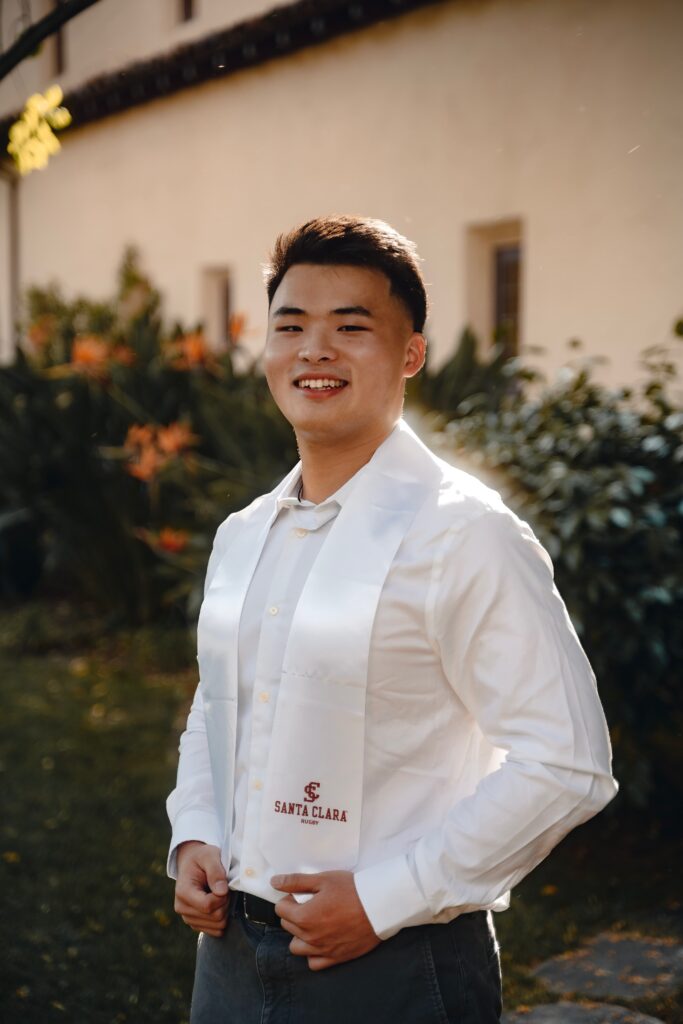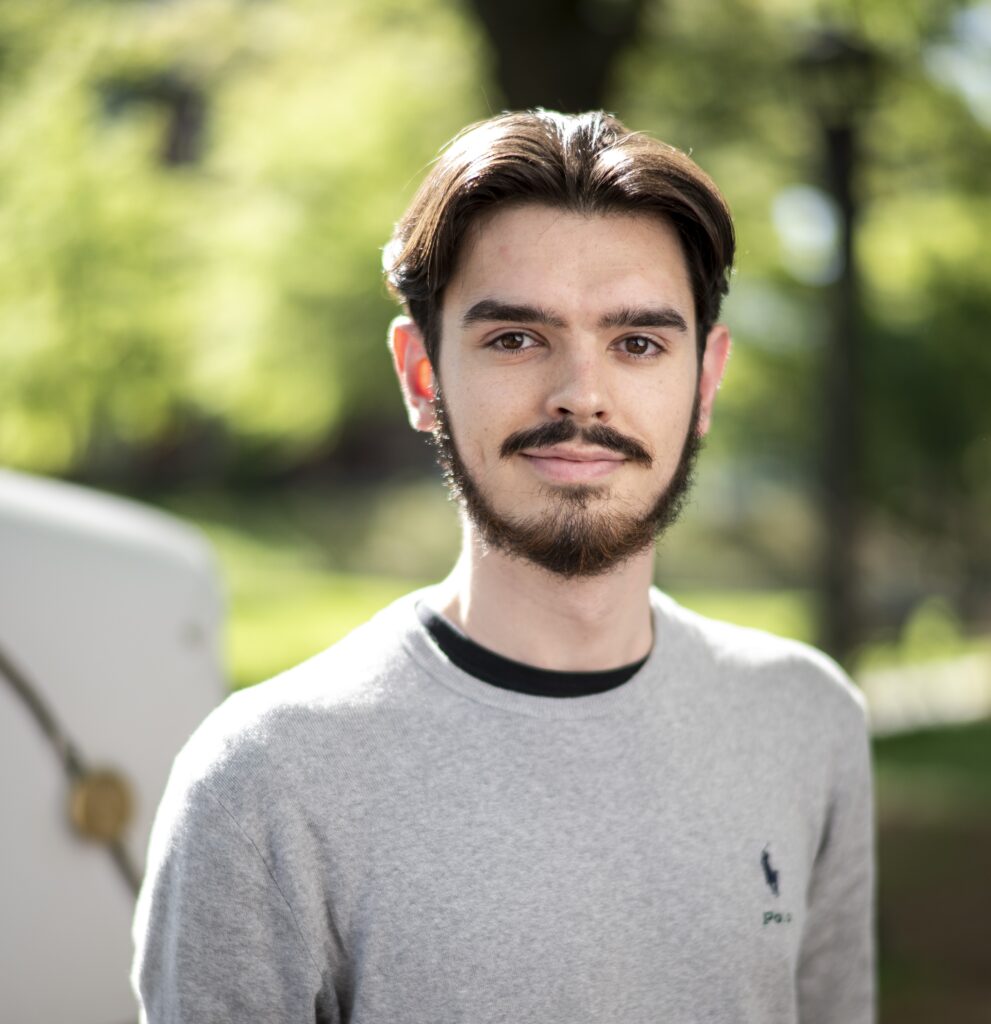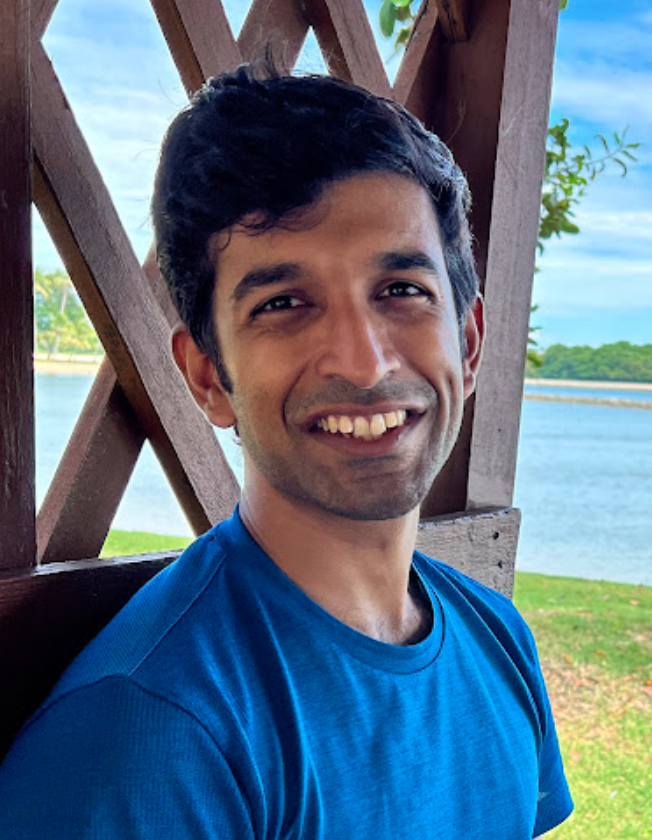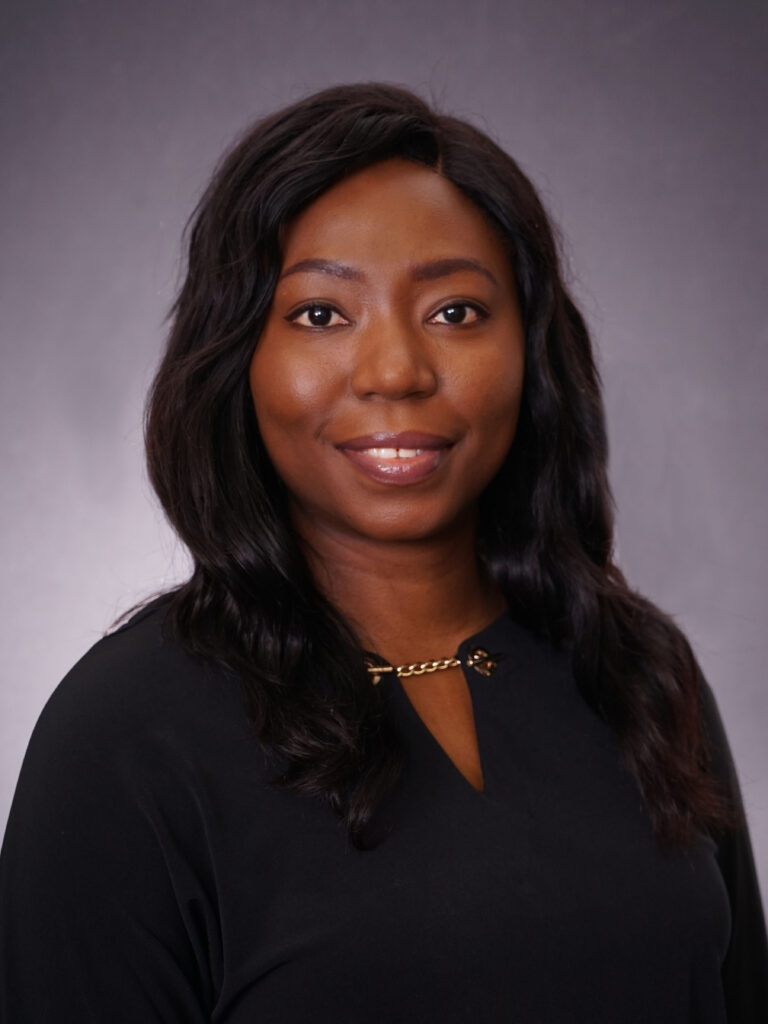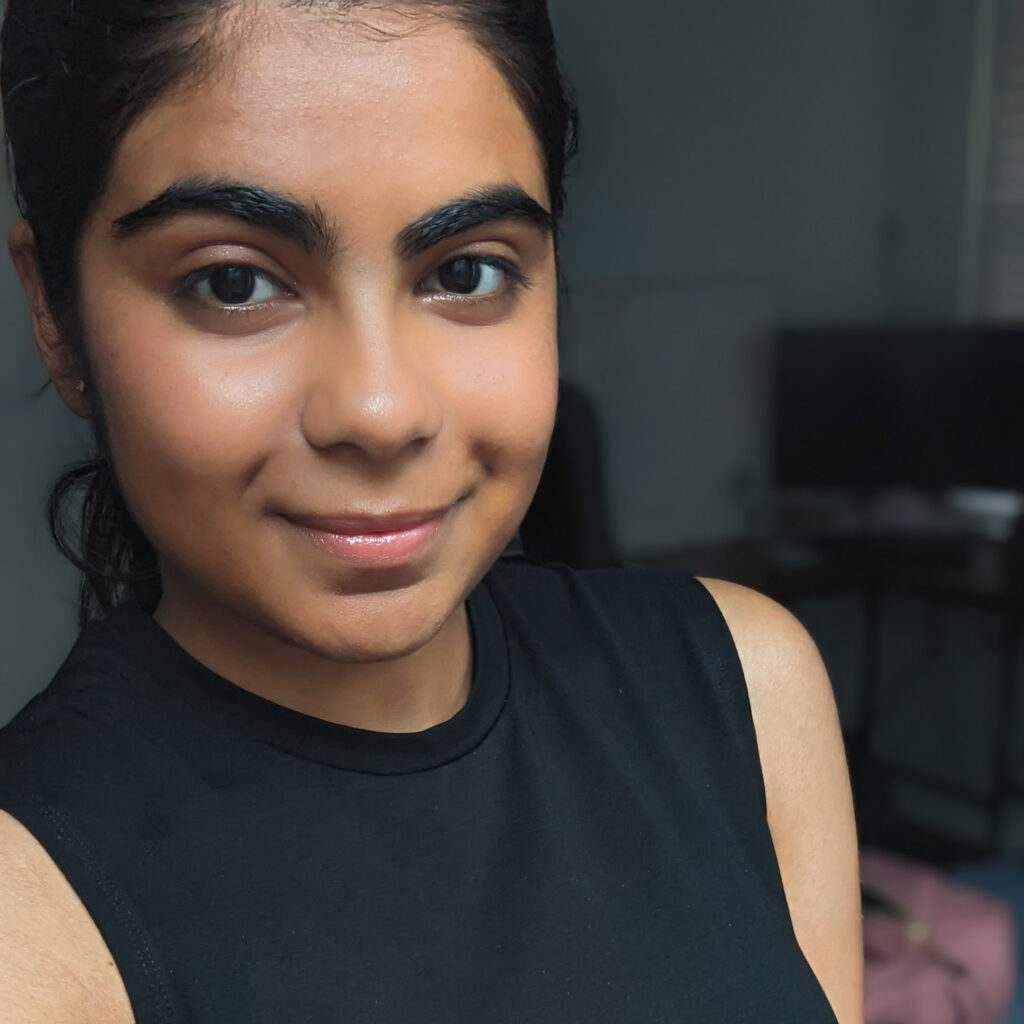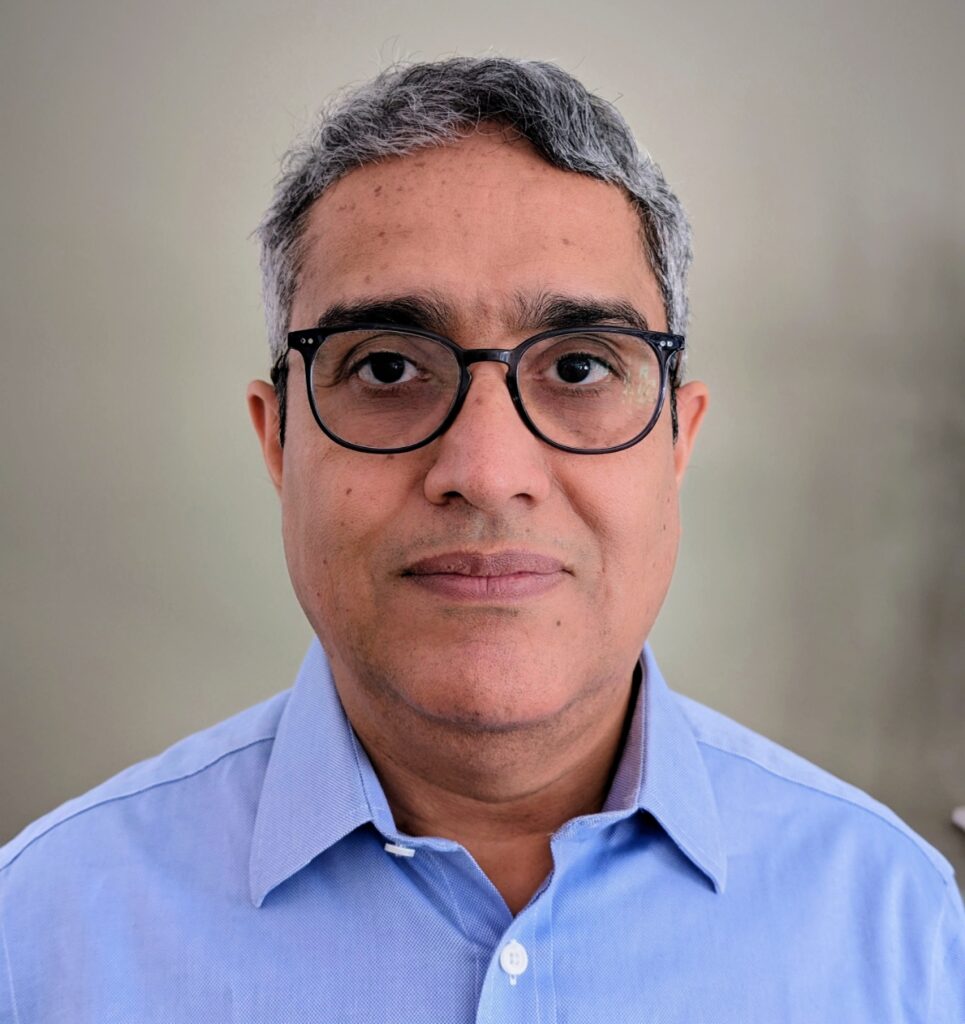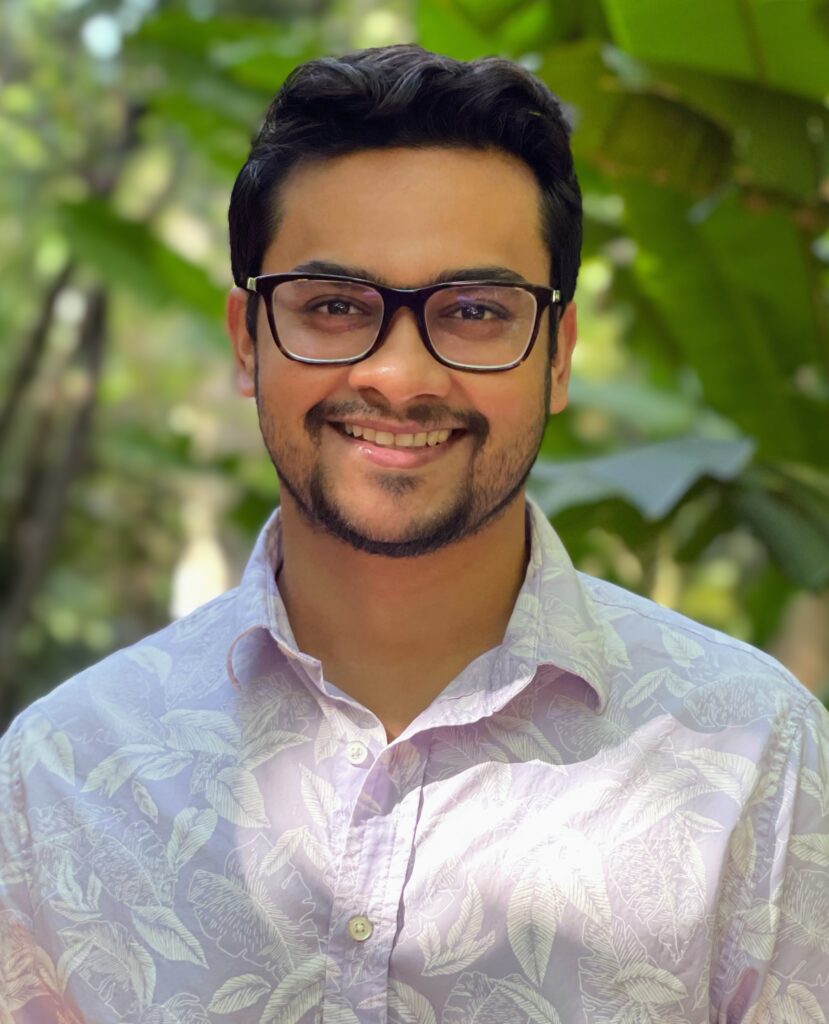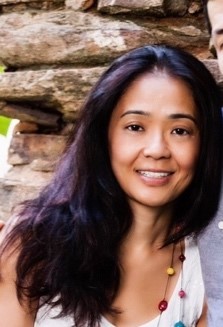Dinesh Ayyappan is an educator and researcher with roots in South India, Nebraska, and New Jersey. He holds degrees from Carnegie Mellon (B.S., Mechanical Engineering) and Boston Teacher Residency (M.Ed.), and his teaching journey has taken him from Boston public schools to international institutions in the Himalayas and Singapore, where he is currently based. While pursuing a Master’s in computer science at Georgia Tech, he has been working in the Design & Intelligence Lab on the VERA project since 2023. He co-authored a paper accepted to Intelligent Tutoring Systems ’24 (link) and is working on a Master’s Project researching metacognitive skills for working with AI tutors. When not coding or teaching, Dinesh can be found cycling at dawn, swimming, or exploring the world with his wife and daughter.
